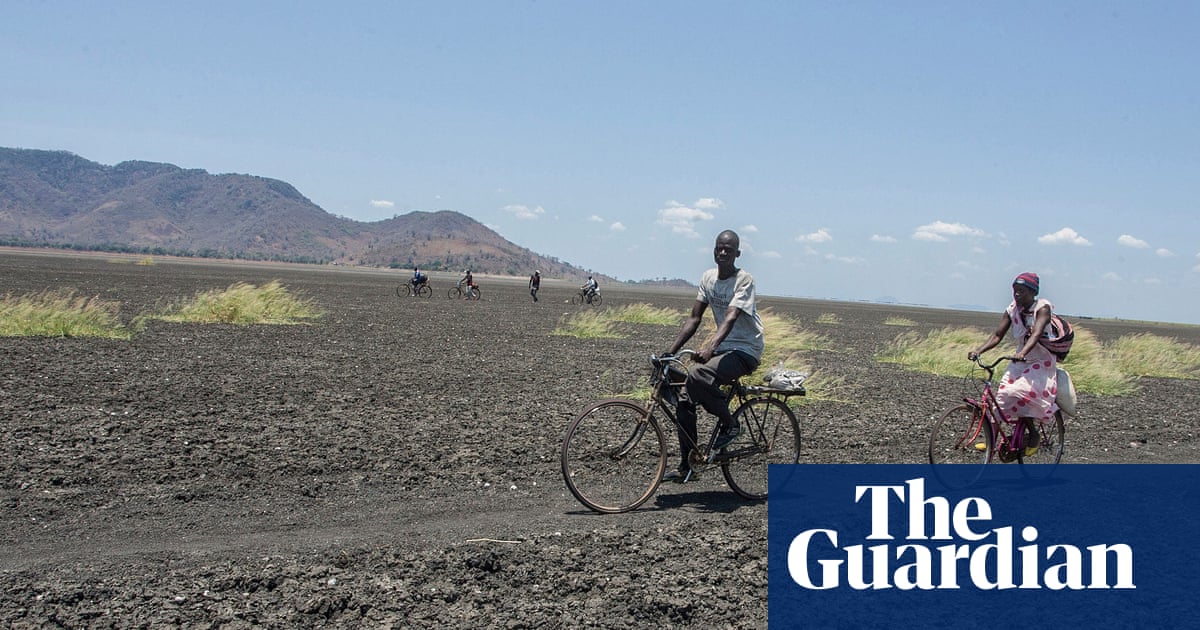
"Julius Chibonda has moved twice in the past 16 months in search of enough water and fertile land to support his entrepreneurial dreams, one of millions of rural Malawians struggling with increasingly unpredictable rainfall and droughts made more ferocious by the climate crisis. The 61-year-old farmer was eager to talk and quick to smile. But his face fell when he saw the dry, empty land in the village of Kampheko 2, where he had grown tomatoes, garlic, okra and maize."
"Malawi is the world's fourth poorest country per capita, according to the World Bank, with an average annual income of just $508 in 2024. More than 80% of the population works in agriculture and 90% of farming uses just rain without irrigation, according to the World Food Programme. That has made the landlocked southern African country particularly vulnerable to climate-fuelled disasters, including cyclones that have increased in intensity and frequency in recent years."
Julius Chibonda moved twice in 16 months seeking water and fertile land to sustain agricultural entrepreneurship, finding dry, empty fields where he once grew tomatoes, garlic, okra and maize. Malawi's average annual income is $508 in 2024, with over 80% employed in agriculture and 90% of farming dependent on rain without irrigation. The country faces intensified climate-fuelled disasters, including cyclones such as Freddy in 2023 that killed more than 1,000 people and displaced about 950,000 since 2019. The government relocated 1,662 households in disaster-prone areas, while global estimates project 216 million internal climate migrants by 2050, 86 million in sub-Saharan Africa.
Read at www.theguardian.com
Unable to calculate read time
Collection
[
|
...
]